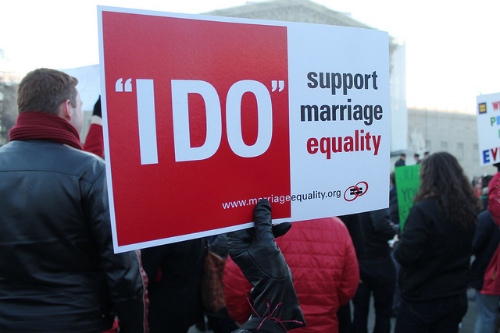If you think it was murder, say so
How many articles and blogposts have referred to Orwell’s classic essay Politics and the English Language? Well, here’s another. I’m put in mind of it by recent use of the sinister phrase “extrajudicial killing” to describe the lethal RAF strike on British “Islamic State” fighters. Bad writers, according to Orwell
and especially scientific, political, and sociological writers, are nearly always haunted by the notion that Latin or Greek words are grander than Saxon ones, and unnecessary words like expedite, ameliorate, predict, extraneous, deracinated, clandestine, subaqueous, and hundreds of others constantly gain ground …
Notice that one of his examples begins with extra.
Kate Hudson of CND has been quoted in the Telegraph as saying of the RAF drone strike—
This is extrajudicial killing: A British Prime Minister now claims the right to kill British citizens when they travel abroad.
Lord West, quoted in the Guardian, said the RAF’s apparent new policy
could very easily creep into an issue of extrajudicial killing.
The Morning Star used the phrase in a headline while according to the Herald the SNP’s Humza Yousaf talked somewhat tautologically of
the extra-judicial killing without trial of British citizens
and the subheading to a Guardian piece by Gary Younge said
extrajudicial killings can never be justified.
It is often easier, Orwell wrote
to make up words of this kind (deregionalize, impermissible, extramarital, non-fragmentary and so forth) than to think up the English words that will cover one’s meaning.
Notice again that one of his examples begins with extra. People who write badly, he went on
usually have a general emotional meaning—they dislike one thing and want to express solidarity with another—but they are not interested in the detail of what they are saying.
Indeed, critics of the recent RAF drone strike do dislike it in a general way. But what is meant by “extrajudicial killing”? Why is an extrajudicial killing especially bad? Does it even mean anything?
It may help to consider whether judicial killing would be better. It makes a sort of sense to complain that Reyaad Khan’s death was an extrajudicial execution if you’re David Davis, since he has backed the death penalty which should indeed be judicial if it happens at all. Why do others avoid the word execution? Perhaps, ironically, it seems too strong given its common and quite wrong use for the atrocious murders committed by “Islamic State”. Or perhaps they remain dimly aware through the fog of verbal war that pre-emptive defence is not punishment.
In Britain, in any case, we abandoned capital punishment some time ago. Now, the idea that someone might be killed judicially is particularly repellent. I doubt critics of “extrajudicial killing” prefer to have anyone put to death by due process of law, but the phrase implies just that. Orwell was right: it must be that they’re not interested in the detail of what they’re saying.
But if thought corrupts language, language can also corrupt thought. A bad usage can spread by tradition and imitation even among people who should and do know better.
The phrase extrajudicial killing is indeed spreading and corrupting thought. Judicial killing not being fine, “extrajudicial” adds nothing and means nothing. All that these critics are actually saying is that killing’s to be feared, or always wrong: something that’s either banal or plain inaccurate, since killing can be justified in self-defence or war, or even out of compassion. But what are they trying to say?
The convenience of extrajudicial killing is that it implies wickeness vaguely connected with the law, without accusing anyone of breaking it; and its repetition suggests to the mind unspecified wrong by sending thought to sleep. Here’s Orwell again:
This invasion of one’s mind by ready-made phrases … can only be prevented if one is constantly on guard against them, and every such phrase anaesthetizes a portion of one’s brain.
Orwell also gave us the remedy, however.
If you simplify your English … when you make a stupid remark its stupidity will be obvious, even to yourself.
It is stupid to complain of “extrajudicial” killing by the RAF, when warfare has always been extrajudicial. If instead you simply oppose killing by British forces, your stupidity should indeed be obvious. Unless you think Britain should never use force, then obviously you agree its armed services may legitimately kill. When they do so intentionally and illegally it is indeed wrong, but the plain English word for that is murder.
The most famous sentence in Orwell’s essay runs like this:
Political language … is designed to make lies sound truthful and murder respectable, and to give an appearance of solidity to pure wind.
You may think the RAF murdered Reyaad Khan, and that any defence of this drone strike reflects an Orwellian design to make murder respectable. If you do think so, have the courage to use the word.



